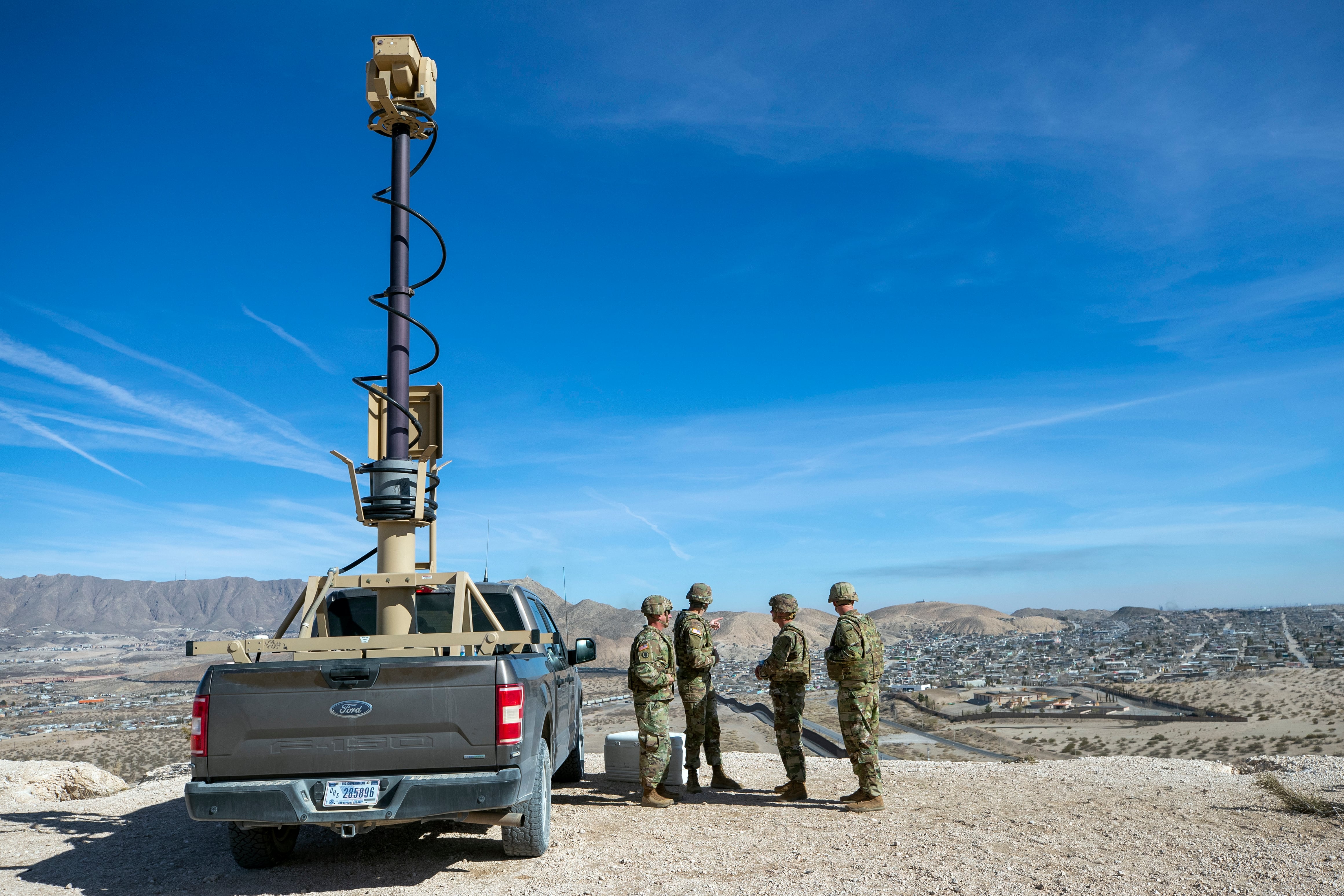Post-traumatic stress disorder is one of the most common and difficult disorders to treat in veterans. Although talk therapies are very effective and well tolerated, many veterans are prescribed medication along with talk therapy or as a solitary treatment.
The only medications approved for PTSD by the Food and Drug Administration are paroxetine (Paxil) and sertraline (Zoloft). Unfortunately, these medications provide limited benefits for many. In fact, some studies show that they are minimally or no better than a placebo (often referred to as a "sugar pill"). That’s why clinicians and researchers are constantly searching for new medications that can help.
One group of medications that has garnered attention over the past several years is antipsychotics. Although the joint PTSD guidelines of the Veterans Affairs and Defense departments don’t recommend the use of antipsychotics as a main treatment, the reality is that they are often used. This is particularly true for the most difficult cases.
The usefulness of antipsychotics in PTSD is debatable, and results have been mixed. For example, some smaller studies have shown that certain antipsychotics are useful as a supplemental treatment for the disorder. But in a study a few years back with nearly 300 veterans, the antipsychotic risperidone did no better than a placebo.
To help shed more light on whether antipsychotics are useful for military-related PTSD, researchers gave 88 Veterans Affairs patients either a placebo or the antipsychotic quetiapine. Their progress was tracked for three months.
Over the course of the study, those who got the medication got better compared to those who didn't. Specifically, the medication seemed to help most with the symptoms of re-experiencing (thoughts and images of the traumatic experience) and hyperarousal (being on alert, jittery). An unexpected but welcome finding is that some veterans saw improvement in their depression. This is important as depression and PTSD often go hand in hand.
Although this study seems promising, until more research is done, I think antipsychotic medications should be used cautiously and only when other medications and talk therapies have failed. These medications can cause significant side effects that include weight gain and increases in blood sugar and cholesterol.
In my opinion, cognitive and exposure therapies should continue to be the first-line treatments for military-related PTSD. If medication is needed, those approved for PTSD and with substantial scientific support should come next.
Visit apa.org or ptsd.va.gov for more information on treating PTSD.
Bret A. Moore, Psy.D., is a board-certified clinical psychologist who served two tours in Iraq. Email questions to him at kevlarforthemind@militarytimes.com. This column is for informational purposes only and is not intended to convey specific psychological or medical guidance.





